Blind spots in cars are a significant safety issue. You might be at a stop and not notice a pedestrian about to cross because they're hidden by your car's frame. But a 14-year-old inventor has devised an ingenious way to eliminate these blind spots.
Alaina Gassler, a brilliant young mind from West Grove, Pennsylvania, showcased her idea at the Broadcom MASTERS competition for middle schoolers, organized by the Society for Science and the Public.
She built a relatively simple system out of a webcam, projector, and 3D-printed materials that projects the view from outside your vehicle onto the blind spots of your car. She titled her project "Improving Automobile Safety by Removing Blind Spots."
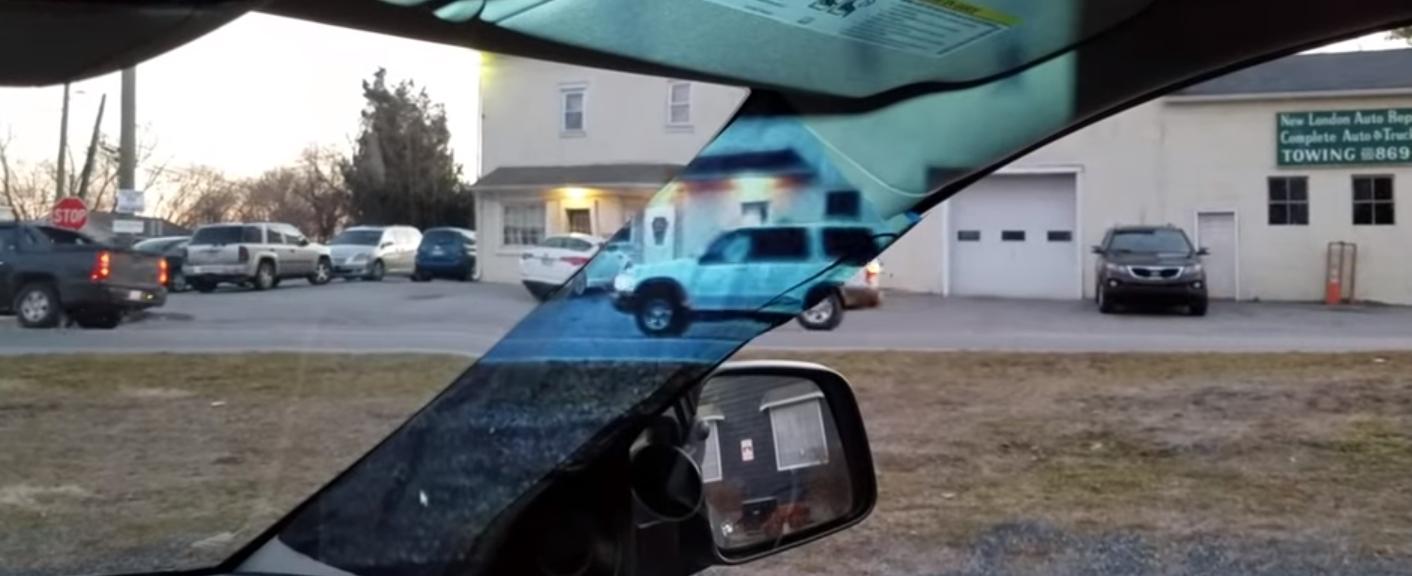
Source: Reddit
The whole thing basically gives you x-ray vision, and Gassler hopes that it will help drivers be safer on the road by giving them a more complete view of their surroundings.
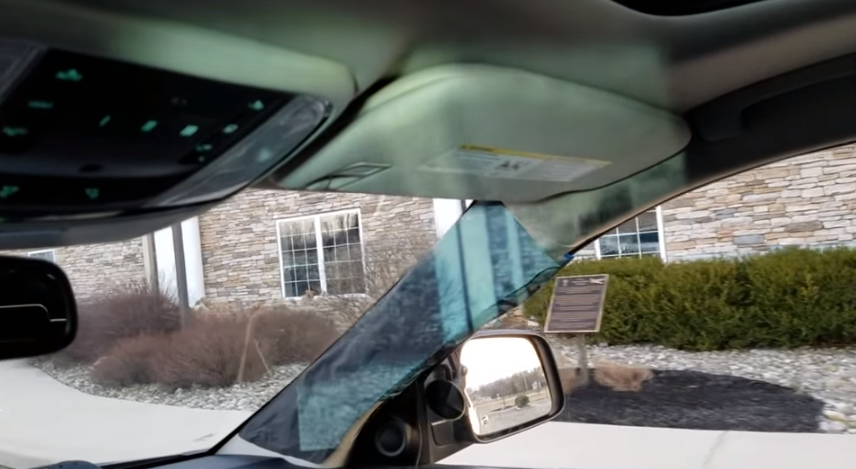
Source: Reddit
Gassler's idea earned her first place in the nationwide competition, along with the $25,000 Samueli Foundation Prize for overall STEM excellence.
In an email to Mashable, Gassler explained how her innovative system works.
"She mounted the webcam outside the passenger side A-pillar on a car and then displayed the live video on the inside pillar from a projector attached to the sunroof above the driver's seat. She even had to print a special part to help focus the projector at such close range. She then faced issues with projecting the image on the interior frame. So she resurfaced it with retro reflective fabric."
She went on to explain in the email that the material "only reflects light back to the light source, which is the projector in this case. Since the driver's eyes are next to the projector, the driver can see a crisp, clear image, and the passengers only see a black piece of fabric.”
She replaced the material when she noticed that anyone not sitting in the driver's seat would get a headache from the distorted image. "During testing when I sat in the passenger seat of the car and the moving light from the projector gave me a headache," she said.
This article was originally published on November 1, 2019. It has since been updated.





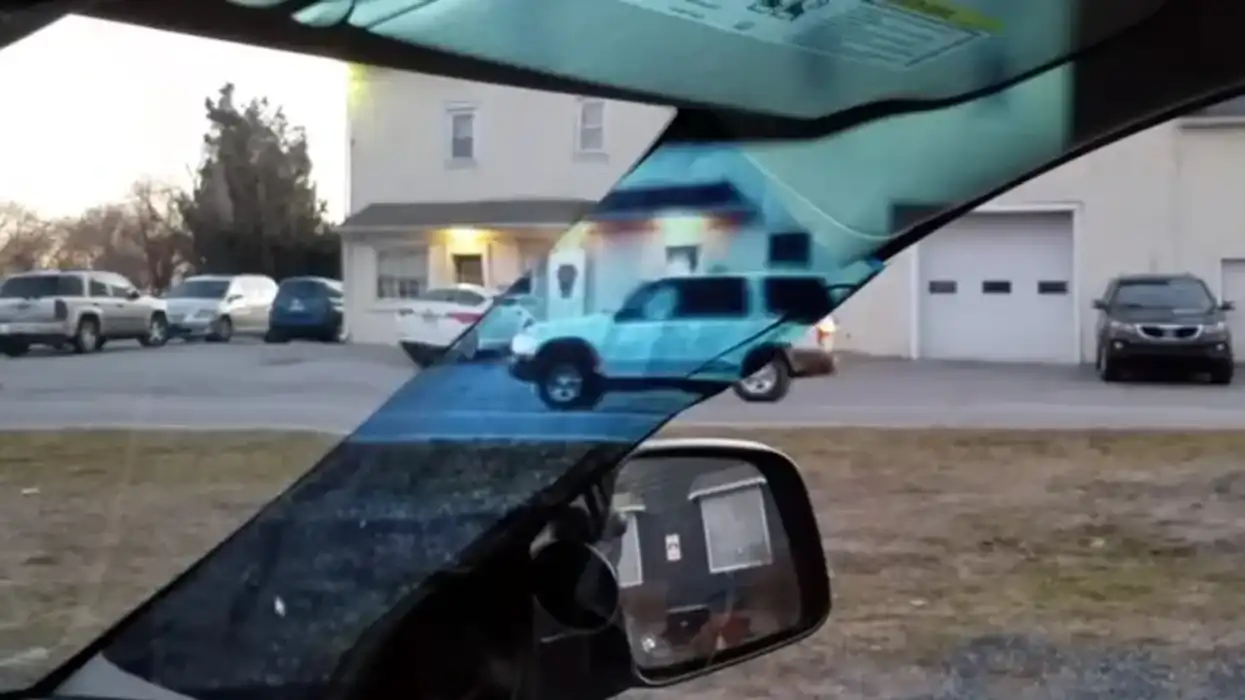





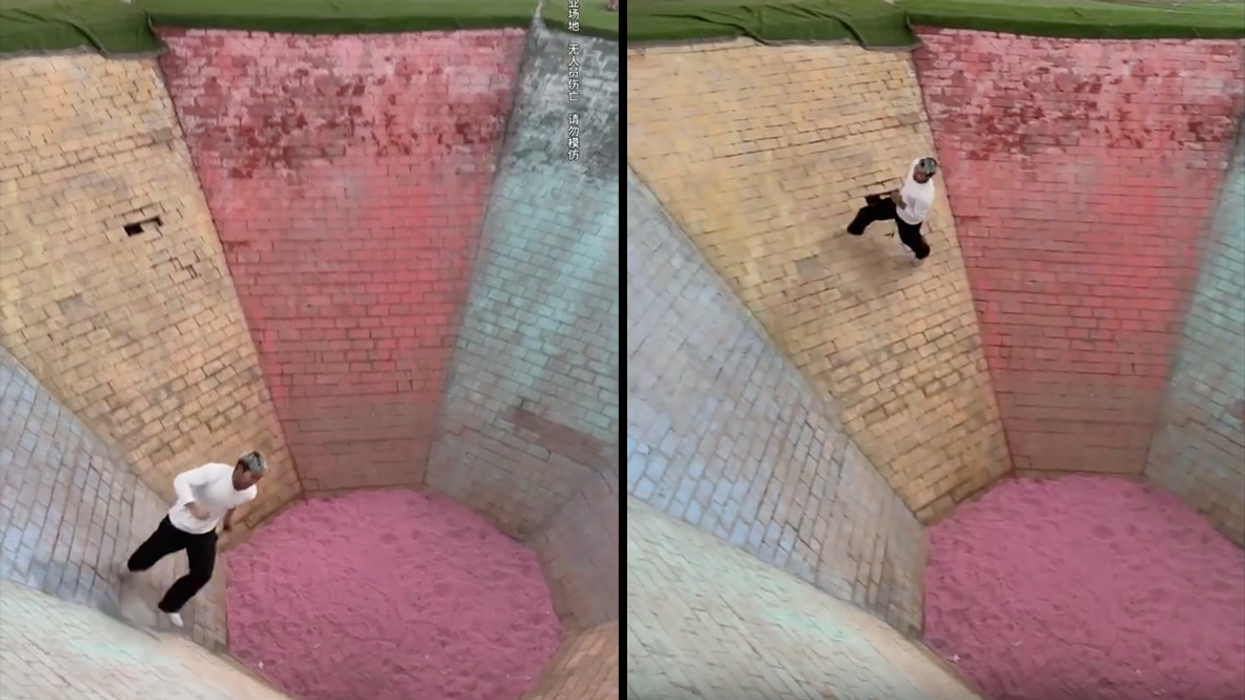
 This represents the key to the perfect flow statePhoto by
This represents the key to the perfect flow statePhoto by 

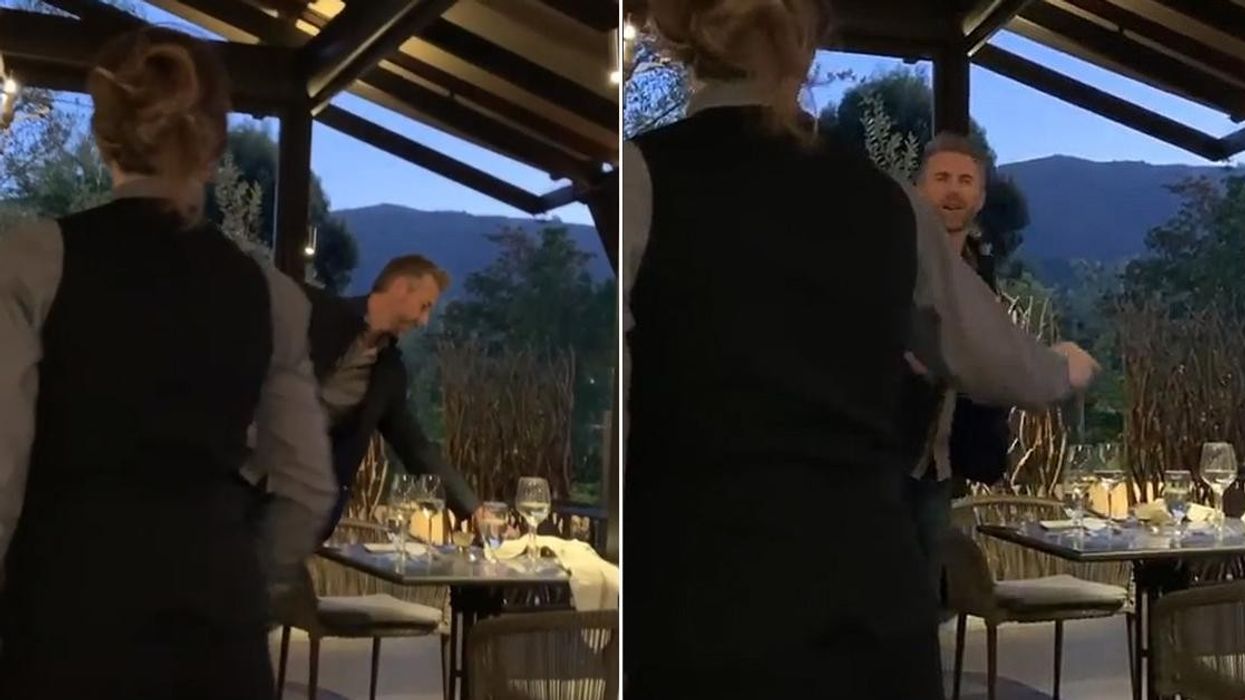
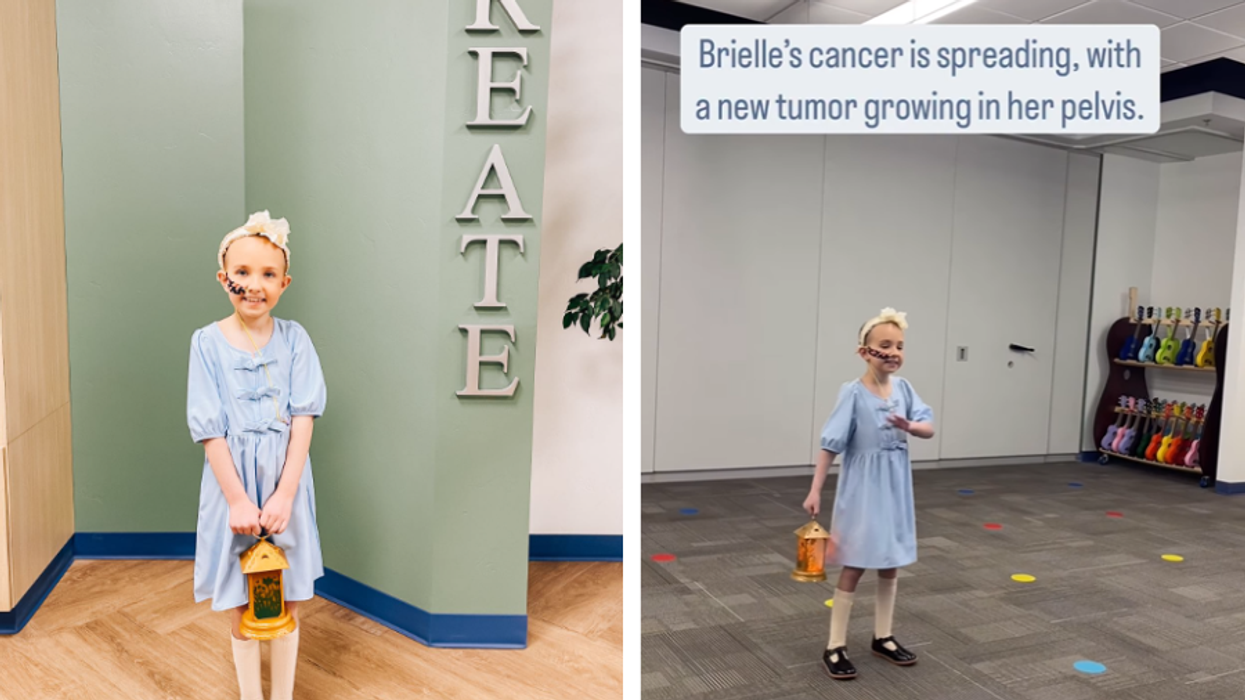



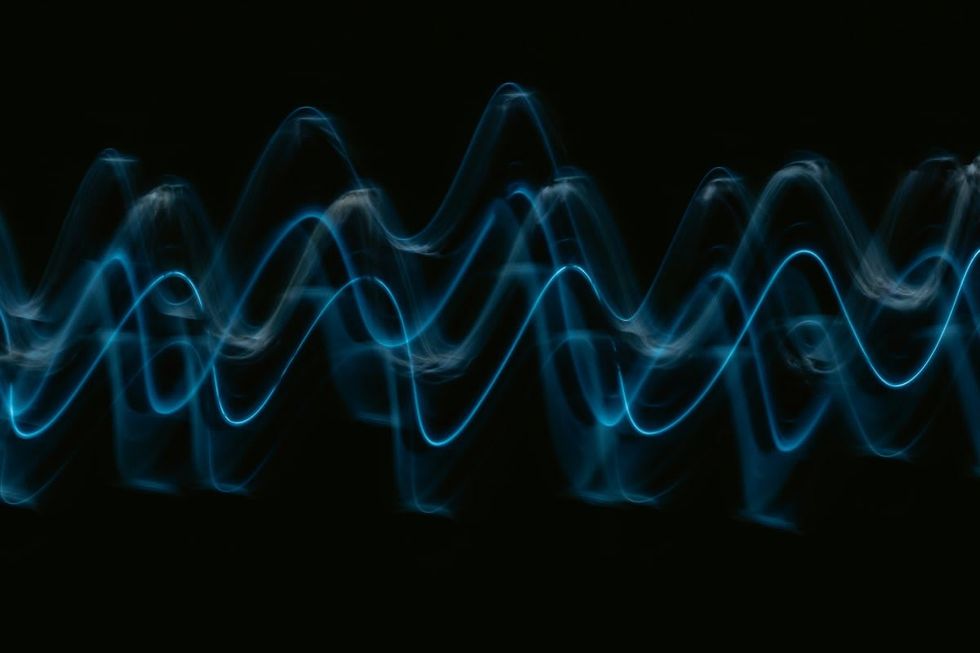 Representative Image Source: Unsplash | Pawel Czerwinski
Representative Image Source: Unsplash | Pawel Czerwinski 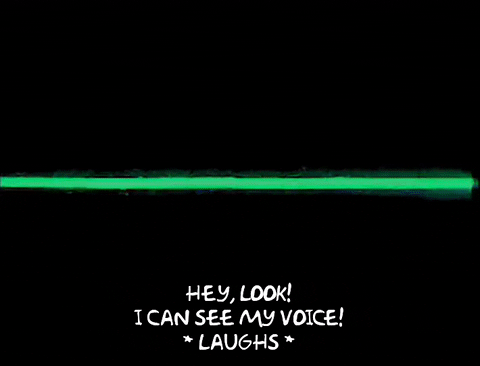
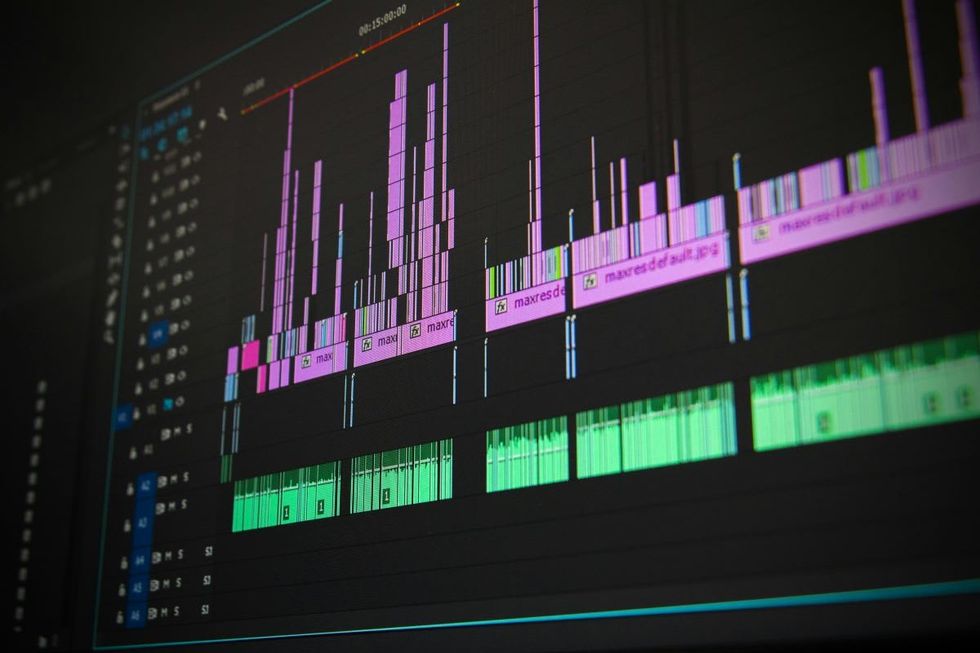 Representative Image Source: Pexels | Pixabay
Representative Image Source: Pexels | Pixabay 







